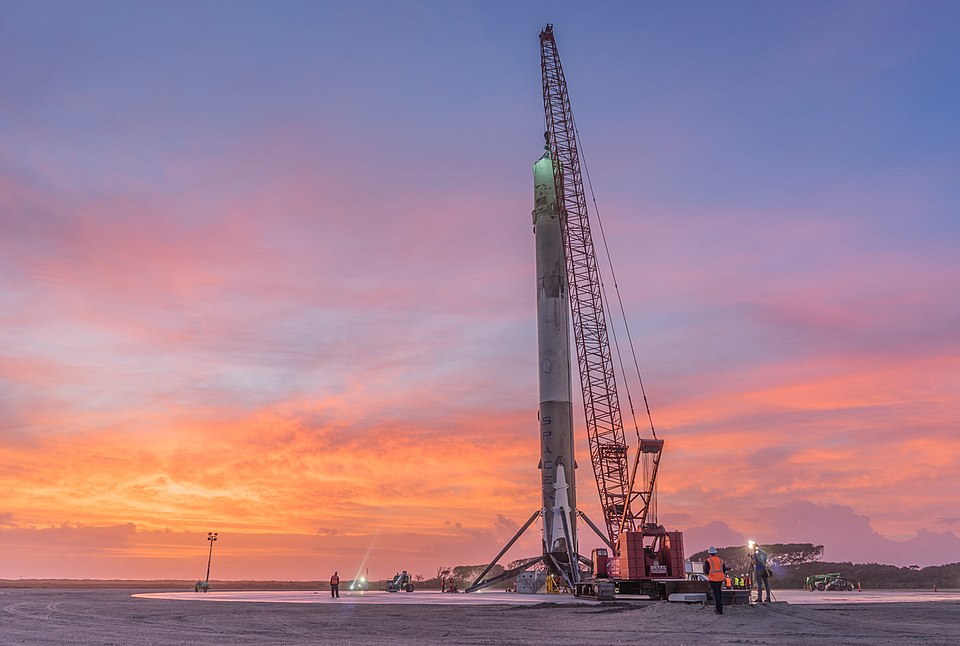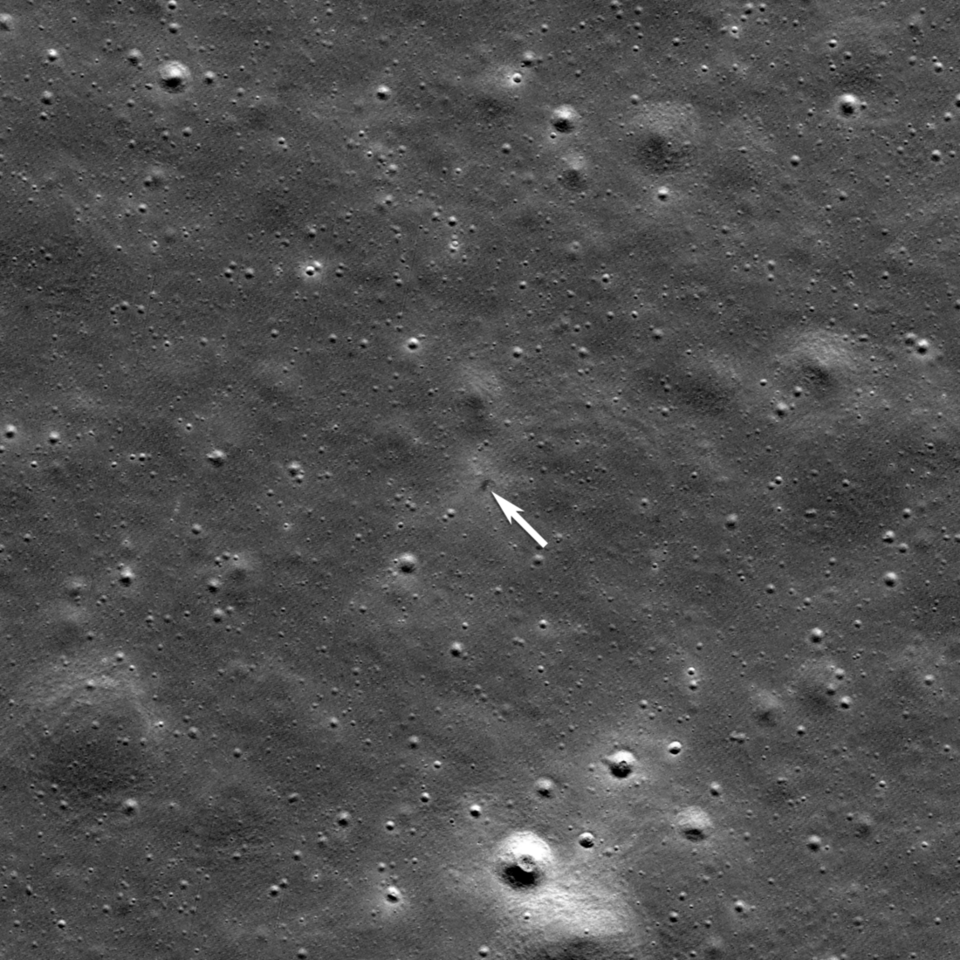Planetarium Show Reveals New Insights into Solar System Secrets

NEW YORK — In a surprising turn of events, scientists have uncovered new insights into the inner workings of the solar system through a planetarium show that recently debuted to the public. This unexpected discovery highlights the potential of educational platforms to contribute to scientific knowledge and understanding.
The planetarium, located in New York, has long been a hub for astronomical education, but the recent show has captivated audiences with its innovative approach to presenting complex scientific concepts. According to Dr. Emily Carter, an astrophysicist at Columbia University, "The interactive elements of this show allow viewers to engage with astrophysics in a way that traditional lectures cannot. This can lead to unexpected insights and questions that drive further research."
The significance of this discovery lies not only in its immediate scientific implications but also in the broader context of public engagement with science. As noted by Dr. Michael Thompson, Director of the Institute for Planetary Sciences, "The intersection of entertainment and education can spark curiosity and inspire the next generation of scientists. By making astronomy accessible and engaging, we open doors to new explorations and advancements."
The planetarium's show utilized cutting-edge technology, including virtual reality simulations and interactive displays, to illustrate the dynamics of planetary formation and the gravitational influences within our solar system. Dr. Anna Martinez, a researcher at NASA's Jet Propulsion Laboratory, remarked, "We are in a unique era where technology can bridge the gap between complex scientific theories and public understanding. The insights gained from this show could guide future research in planetary science."
Initial findings from the planetarium's interactive exhibits suggest a deeper understanding of the solar system's structure and behavior. According to a report by the National Aeronautics and Space Administration (NASA), released in 2023, these findings provide a foundation for further exploration of celestial mechanics and planetary interactions. The report highlights how innovative educational programs can lead to significant scientific advancements.
This recent discovery aligns with ongoing efforts to enhance public science literacy and engagement. The American Association for the Advancement of Science (AAAS) emphasized the importance of making science accessible to a wider audience. Dr. Robert Lee, spokesperson for AAAS, stated, "Educational initiatives that blend entertainment with scientific inquiry are essential in fostering a scientifically informed society."
Looking ahead, the potential implications of this discovery are vast. As more educational institutions adopt similar interactive methods, the scientific community may see an increase in public interest and support for research initiatives. This could lead to enhanced funding opportunities and collaborative projects between educational institutions and research organizations.
In conclusion, the unexpected insights gained from the planetarium show serve as a testament to the power of innovative education in advancing scientific knowledge. As scientists and educators continue to explore new avenues for public engagement, the possibilities for future discoveries in planetary science remain boundless.
Advertisement
Tags
Advertisement





